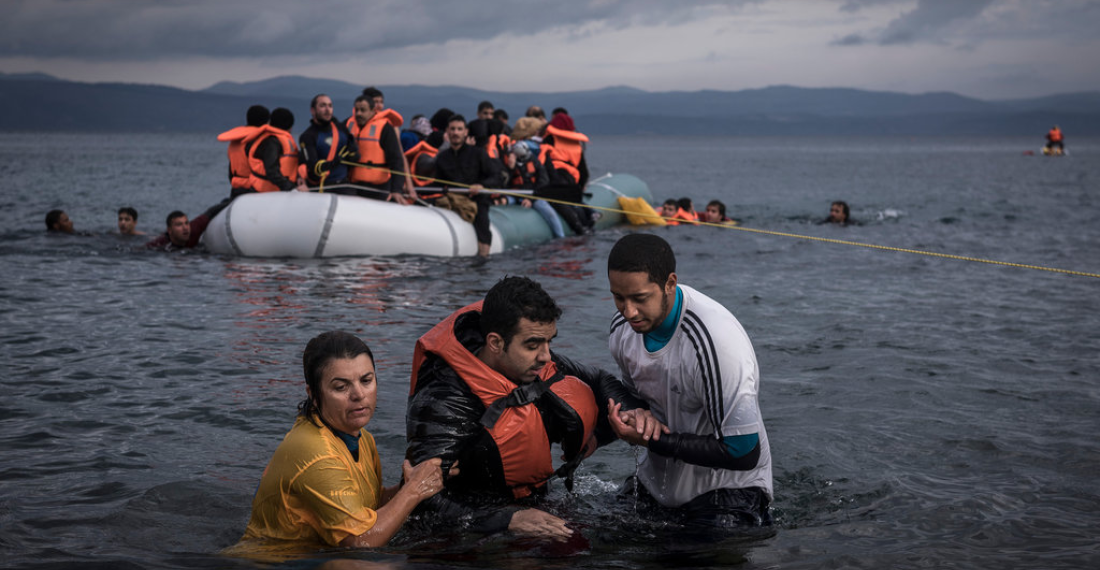Interior ministers from the European Union's 27 member states reached a deal on the bloc's migration policy yesterday (8 June) after some 12 hours of negotiations at a meeting in Luxembourg.
The agreement outlines how responsibility for looking after migrants and refugees who arrive in the EU without authorisation is shared out among member states, a topic which has been the source of much disagreement since 2015 when well over 1 million migrants and refugees entered the EU without authorisation, many of them fleeing the war in Syria.
Under the deal agreed yesterday and set to be finalised ahead of a 2024 EU election, each country would be responsible for a set number of people, but would not necessarily have to take them in. Countries unwilling to receive irregular migrants and refugees arriving ad hoc to the EU would be able to help their hosting peers through cash - around €20,000 - equipment or personnel, reports Reuters.
The agreement would introduce a new expedited border procedure for those deemed unlikely to win asylum to prevent them from staying inside the EU for years.
Germany's Interior Minister Nancy Faeser called the agreement "historic" and a "win-win" for all EU states, while the European Commissioner for Home Affairs Ylva Johansson said "this is a great, great achievement, showing that it's possible to work together on migration. We are so much stronger when we work together."
Obstacles may still lie ahead
Despite the deal being passed because the number of supporters passed a "qualified majority", it still may encounter opposition during negotiations with the European Parliament. Not all countries present at the meeting in Luxembourg supported the deal. The Czech Republic asked to be left out of a clause on "solidarity" because it already hosts many Ukrainian refugees, while Malta abstained.
Poland and Hungary also explicitly opposed the deal. Polish Deputy State Secretary of the Interior, Bartosz Grodecki, saying that Warsaw would not pay "fines" for not hosting refugees, adding "politically, pragmatically, this mechanism is unacceptable to us."
source: commonspace.eu with agencies
photo: Vocal Europe







